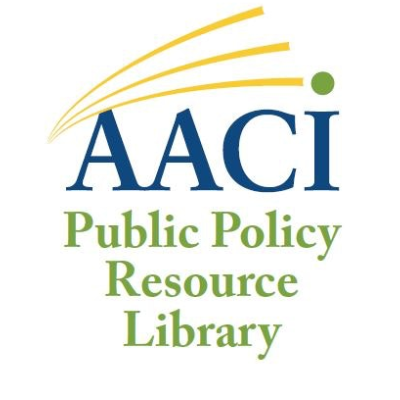Featured Topics
Prevention & Screening
The National Cancer Institute defines cancer prevention simply as “action taken to lower the risk of getting cancer.” Prevention activities may include maintaining a healthy lifestyle, avoiding exposure to known carcinogens, testing for genetic predispositions to certain cancers, and taking preventive medicines or vaccines. Equally important is cancer screening, which allows for early detection and better outcomes.
Funding for Cancer Research
Federal grants from the National Institutes of Health (NIH) and the National Cancer Institute (NCI) support cancer research in every state, accelerating discoveries in prevention, early detection, treatment, and care.
Bioethics
The field of bioethics focuses on the ethical considerations surrounding medical research, treatment, and care. Cancer bioethics specifically poses questions about the use of new technologies in cancer treatment, the allocation of limited resources, and the ethical implications of genetic testing for cancer risk. The goal of bioethics is to ensure that advancements in cancer care take patient well-being, informed consent, and equitable access to care into consideration.
